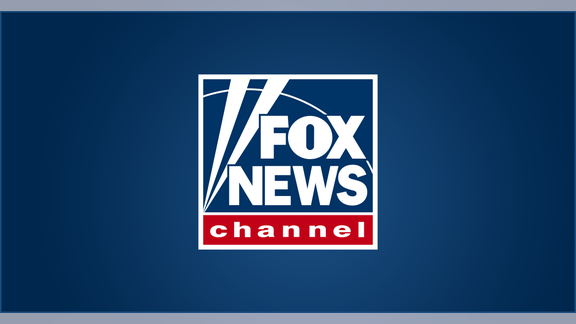
Pope Francis’ first visit to the United States has begun. The pontiff arrived in Washington on Tuesday. He will spend six days in our country with stops in three cities: Washington, New York and Philadelphia. Although God will be the ultimate judge of the pope’s trip what would count as success for the visit from the perspective of the Vatican? Here are five things to keep in mind:
1. Survival! Pope Francis is admired for his willingness to prioritize warmth and spontaneity over his own personal safety, but this does increase the worry factor for all who want to see him home again!
2. Diplomacy. If the pontiff is able to persuade Congress to enhance the relationship with Cuba that he already brokered by convincing them, without making a direct appeal, to lift the embargo against Cuba. Not only is this an intrinsic good, since it would alleviate suffering, but it also increases Francis’s reputation as a diplomat, and therefore the ability of Vatican City State to work for peace and reconciliation around the globe.
3. Advocacy. If Pope Francis is able to appeal to the conscience of President Obama and Congress to do more to resist the persecution of Christians in the Middle East, where ISIS is brutally destroying communities that are among the oldest in Christianity.
Pope Francis is able to speak religious language and offer religious gestures in a way that impels the imagination to see beyond itself, to remember that there are mysteries deeper than human reason, deeper than politics, deeper than life itself, and which yet do not threaten, but enhance, all three.
It is an international scandal that these Christians and other vulnerable minorities are executed, raped, enslaved and tortured with evident impunity and no accountability in sight.
4. Leadership. If, during the course of the six-day visit, Francis comes across ultimately as a spiritual and religious leader, and not as a politician.
This means not so much, in the first place, insisting on religious freedom, but on reawakening America’s slumbering sense of the richness and depth that religion contributes to the public discourse, and of the terrible cost, in superficiality, emptiness, and loss of ultimate purpose, when religion is forced into the margins as though it were simply a set of irrational superstitions long ago debunked by science.
Threats to religious freedom are a symptom of a deeper impoverishment of the cultural imagination and won’t be mitigated until a culture addicted to one-dimensional rationalism and an ethics of pragmatic utilitarianism is awakened to something deeper.
Only someone like Pope Francis can do this, for he is able to speak religious language and offer religious gestures in a way that impels the imagination to see beyond itself, to remember that there are mysteries deeper than human reason, deeper than politics, deeper than life itself, and which yet do not threaten, but enhance, all three.
These are mysteries of love, mysteries of tenderness and mysteries of beauty that can only be fully stated in religious language. Without it, they are easily sacrificed to the pragmatics of a consumerist “throwaway” culture that treats all dimensions of human life as something to shop for. Witness the powerlessness of the secular culture to say why shopping around for sex with over 100 women per year on Tinder is not something that is OK for young men to do.
5. Openness. If Francis is able to remind us that his sympathy for certain scientific or economic theories does not demand that we agree with them, but rather that we hear the deeper call to conversion that prompted his endorsement of these theories in the first place.
We do not have to believe in global warming to heed his call to sacrifice for our common home, to stop participating in the “throwaway culture” that is turning our common home into an “immense pile of filth.”
We do not have to believe in Francis’s preferred economic theories to know that it is wrong to deify the market in our hearts, and to allow our love for money and consumption to strip our world of any other value such that we cease to appreciate, or even to see, anything deeper.
It is easy to criticize the pope’s endorsement of certain theories, if by criticizing them, I avoid the conversion of heart he is asking of me.
He will have succeeded if he makes the rhetoric of conversion live again in the hearts of Americans, because in the end, it is not theories that change the world, but hearts.
John Cavadini is a professor of theology at Notre Dame and Director of the Institute for Church Life. As a theological scholar he specializes in patristic and early medieval theology, the theology of Augustine and the history of biblical and patristic exegesis, but his faith and conviction enable him to speak clearly and compellingly about all aspects of religious belief in general and the Catholic Church in particular.
No comments:
Post a Comment